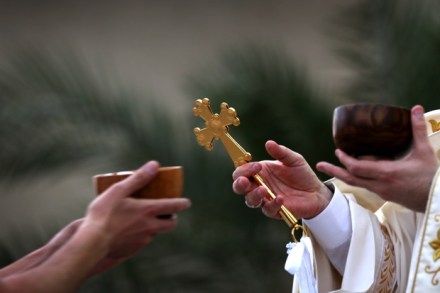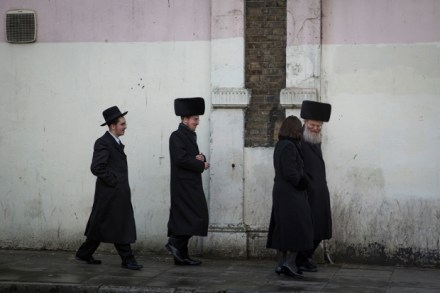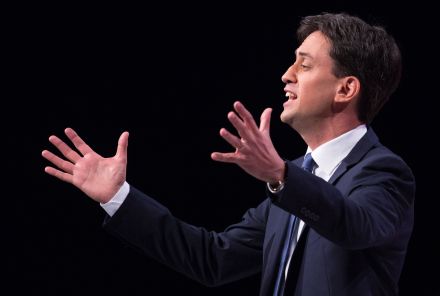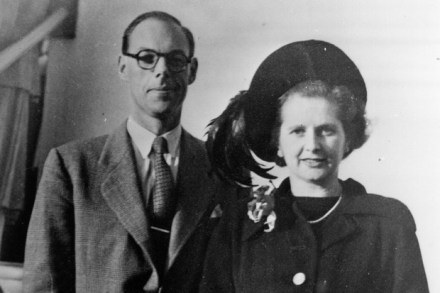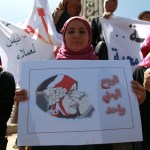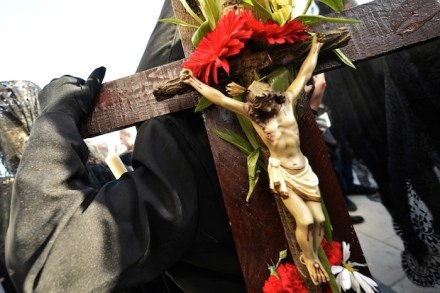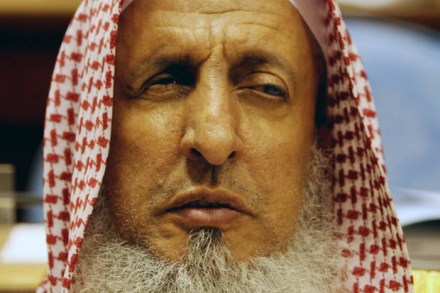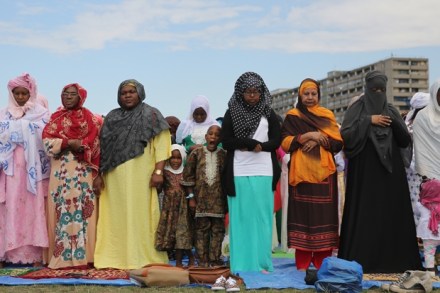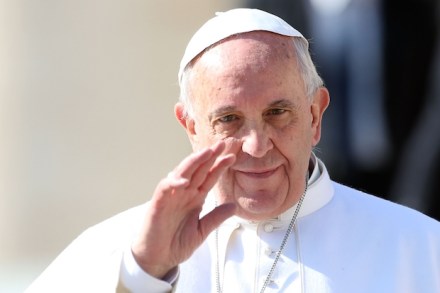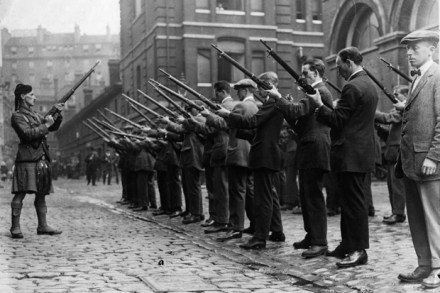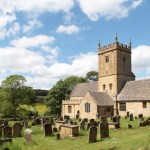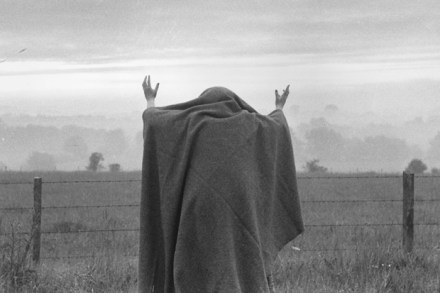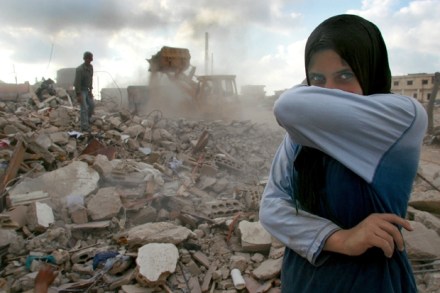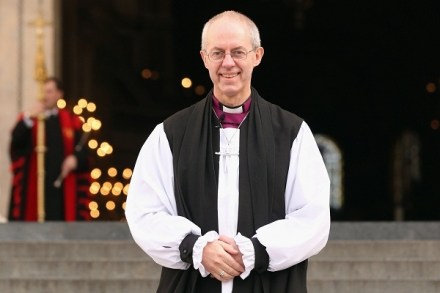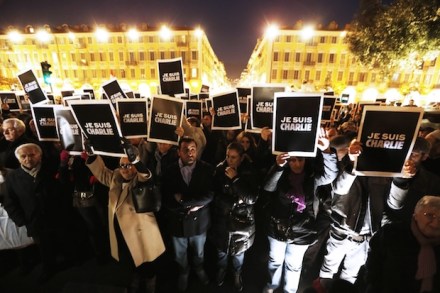The Christian communities helping to heal Iraq’s wounds
Iraq remains a dangerous and difficult place for everyone there but especially for its religious and ethnic minorities. Assassinations, kidnappings for ransom, expulsions from villages and towns of whole communities and illegal occupation of properties remain common throughout the country. The Ecumenical delegation of bishops, which went to Iraq recently, as guests of the Chaldean Catholic Church, heard horrendous stories of people being frog-marched out of their houses, villages and towns, their property confiscated by ‘Islamic State’ or simply taken over by erstwhile neighbours. Women and children are missing and many of the younger men were simply murdered. The refugees are at pains to point out that the story of
